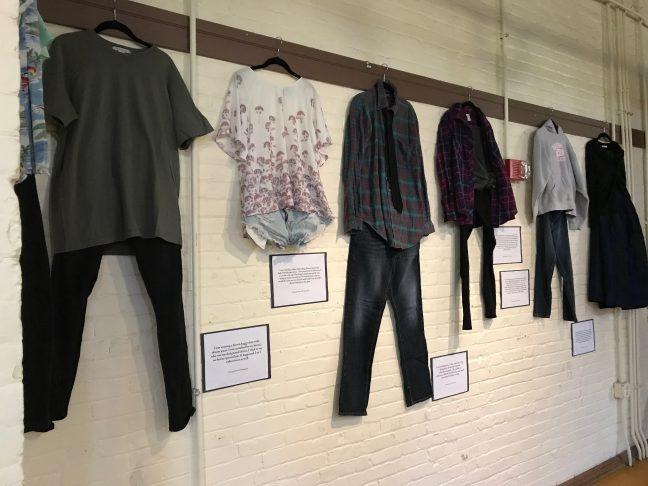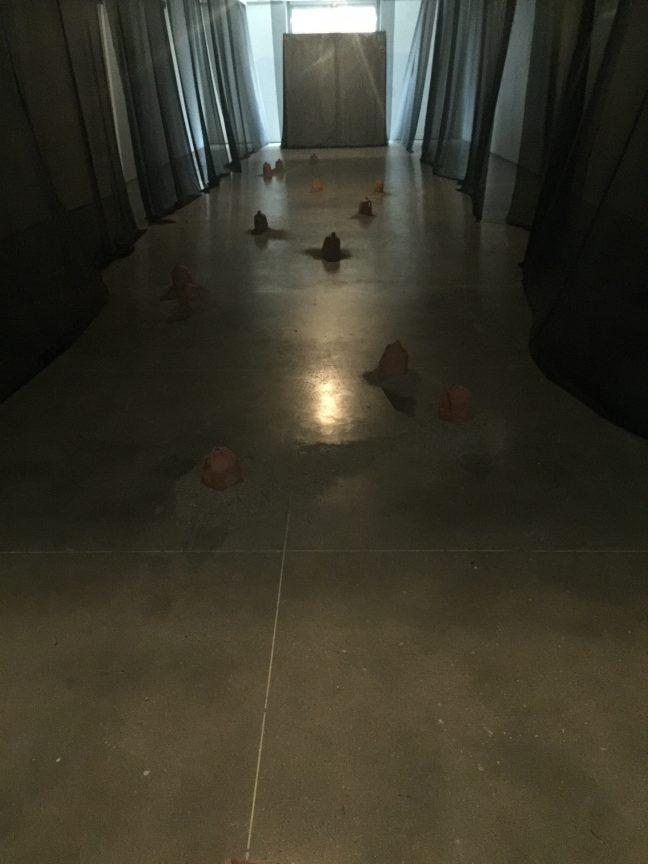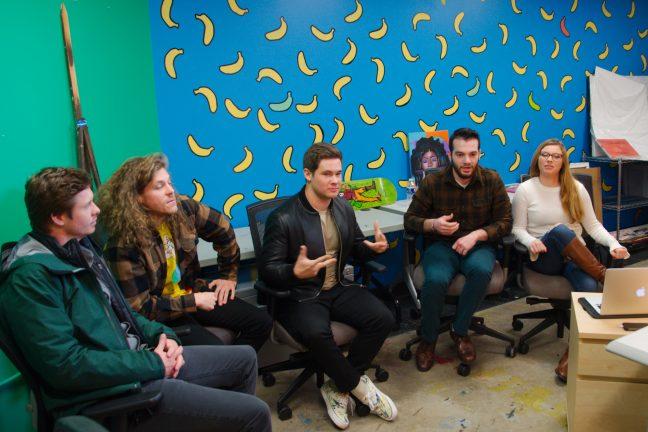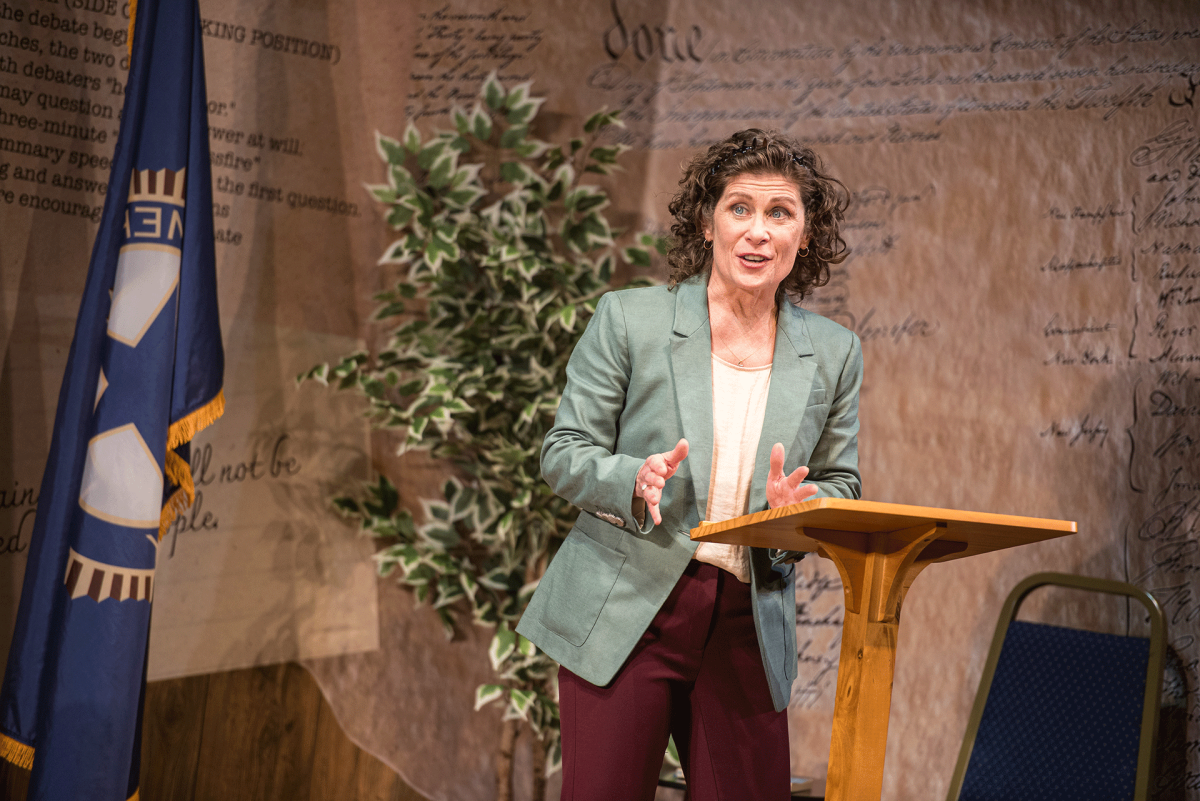Gov. Scott Walker’s talking about it. President Barack Obama’s talking about it. It’s the “Year of the Veteran” in Wisconsin. And we’re all talking about veterans’ need for jobs.
The conversation tends to go like this: American veterans are coming home from tours of duty in Iraq or Afghanistan, only to be met with unemployment on the home front. At the very least, Americans owe our veterans jobs out of respect for their service.
So, politicians of all political affiliations tell us to pull out our “can-do” American spirit and find our vets some jobs. We hold job fairs. We lobby at our state capitols. And businesses are encouraged to hire veteran employees. We recognize our commitment to veterans in the titles we give to veteran outreach: The American Council on Education’s “Serving Those Who Serve” initiative, or the Wisconsin Department of Veterans Affairs “I Owe You” program.
So why, then, are approximately 11.5 percent of veterans who served any time since September 2001 unemployed, compared to the 8.3 percent of the general American population? Although this data collected by the American Bureau of Labor Statistics provides succinct numbers, the explanations behind the data are multifaceted.
Wisconsin is no exception to national trends. William “BJ” Ganem, at the Dane County Veterans Service Office, knows this firsthand. After serving in the Marine Corps for 10 years, Ganem currently works helping veterans return to civilian life.
“We are a one-stop-shop for veterans,” Ganem said. “As they get out, they come out [to the Veterans Service Office] and I explain what education benefits are available to them, [which] local business and organizations are vet friendly and [those that] offer discounts and maybe even special promotions for veterans.”
Talking to veterans about employment is not an easy task. Describing the “typical veteran” and his or her employment opportunities is as unrealistic as lumping together all University of Wisconsin students and then making uniform career recommendations.
Veterans come to Madison with varied employment backgrounds and experience.
“They [served as] mechanics, they were driving heavy trucks, to being infantry. You … have a jack-of-all-trades there [with the infantry],” Ganem said. “Some [worked as] intelligence components. Others work[ed] from aircrafts.”
Problems often arise when it comes to the process of communicating military experience to civilian employers.
“Often when [veterans] get back, they’re frustrated because everybody wants to thank them for their service and think what they did is great, but [employers] don’t think that those skills will apply to their jobs,” Ganem said. “That’s completely untrue.”
This gap is what John Bechtol, UW assistant dean of students and veterans affairs, refers to as the problems of “translating military jobs into civilian language.”
The difficulties in translation often start before veterans have even been discharged from the military. In the discharge process, individuals attend a series of classes and lectures to help them readjust to civilian life. However, these classes are often crammed into all-day, back-to-back sessions.
“You spend eight hours a day [in sessions],” Bechtol said. “Every hour a different agency comes in.”
Many classes focus on career skills, such as writing a resume or sitting in an interview. In the flurry of tasks needed to successfully exit the military, however, time for veterans to reflect on their professional development is not always in supply.
“By the time you get done with the third day, its like ‘God, give me my airline ticket, let me go,'” Bechtol laughed.
Once back in their homes, veterans are faced with an additional set of obstacles in successfully landing a job. While the U.S. military understands and relies upon the expertise of its troops, civilian employers may not be as acquainted with the rigor of the training. This leaves the responsibility for communicating this information to the veteran jobseeker.
“The vets don’t really know how to translate what they did in the military. And the employers are not as knowledgeable as to what is expected of people in the military and how they can benefit them,” Ganem noted.
To help make this process easier, Ganem and his office offer career services. The services largely teach professional marketing strategies – the sorts of skills that college students have available to them, but that many veterans do not, particularly those who have not had the opportunity to attend colleges where these skills are taught.
Veterans have many unique skills, giving them an edge over undergraduates, the extent of which they might not even be aware.
“Oftentimes, I focus on the leadership skills that they gain, the punctuality [and] the level of commitment,” Ganem said. “Oftentimes you’ll see that veterans call in sick a lot less than non-veterans. They work longer hours voluntarily than non-veterans. There’s an innate sense to complete the mission, or complete the job.”
Bechtol sees other problems, many of which are the practicalities that result from being an active service member. Those individuals who are serving in active duty are generally away from their homes, and thus away from a professional network of contacts. When veterans come back, they must face this.
“I come back. I’ve been gone for six, 10 years, whatever. I don’t have a network of people necessarily. I may have some family, but there’s no [one] from school; I wasn’t working part time at a store,” Bechtol grimaced. “You [the veteran] look good on paper, but I don’t know you versus … [the guy who is] not great, but I know him.”
Many of the strategies government officials have proposed focus on things veterans can do to increase their employment opportunities. But the veterans themselves are only one audience to which they can speak. Both Bechtol and Ganem see the education of the public as equally necessary if job opportunities for veterans are to be improved.
Ganem gives some history on the matter, a lot of which has to do with the military’s current size. Today, America’s armed forces are smaller, and thus fewer people are familiar with its structure and the expectations of its members than in the past.
“If you go back 40, 50 years ago, you have more people that participated in the military and had a better understanding of what was expected and what they were gonna get out of hiring a veteran; versus now we only have 260,000 uniformed personnel protecting the 313 million people that live in this country. So you have less than one percent that are out there protecting the other 99-plus percent,” he said.
Wisconsin veterans are returning home to a complicated scenario. On one hand, they receive affirmation for the services they provided to the public. On the other, they may encounter a double-standard in what is asked from veteran jobseekers, or ignorance of job skills they offer.
Ganem wants civilians to understand they hold great responsibility for changing this. Many are already doing so, as many news outlets have reported throughout the country. But the need is still there: “We don’t have a set group of people that are slated to protect us. Someone’s gotta raise their hand. Someone’s gotta say ‘Yeah, I’ll go do it.'”




















